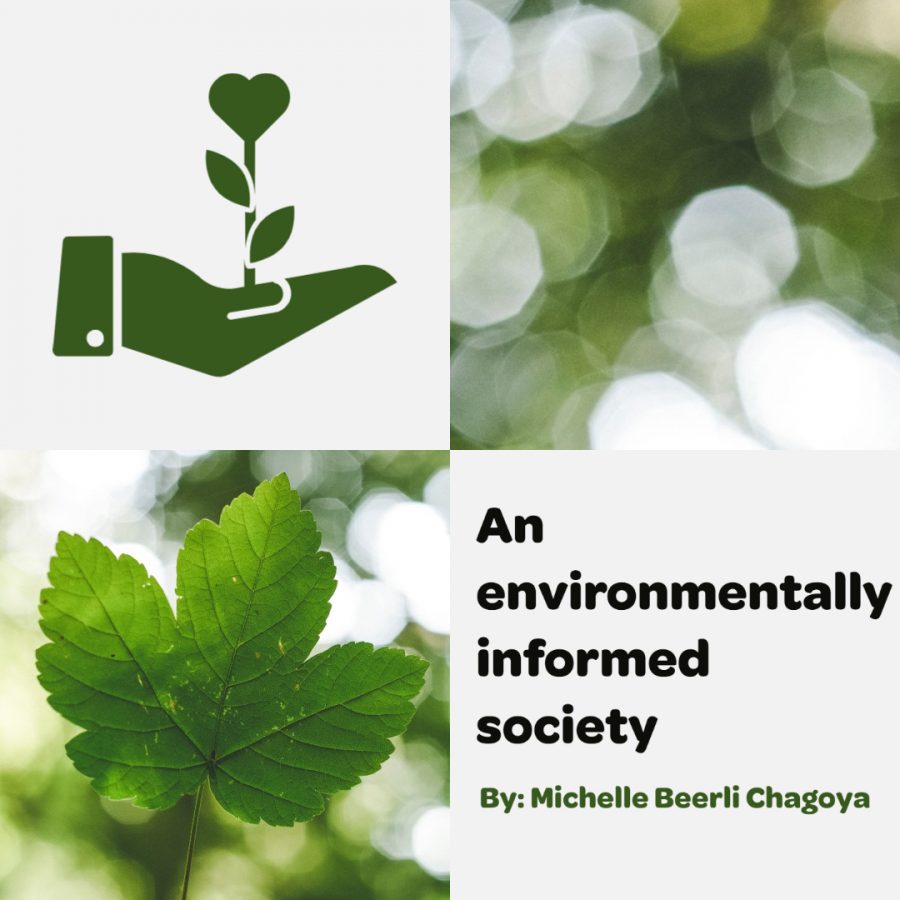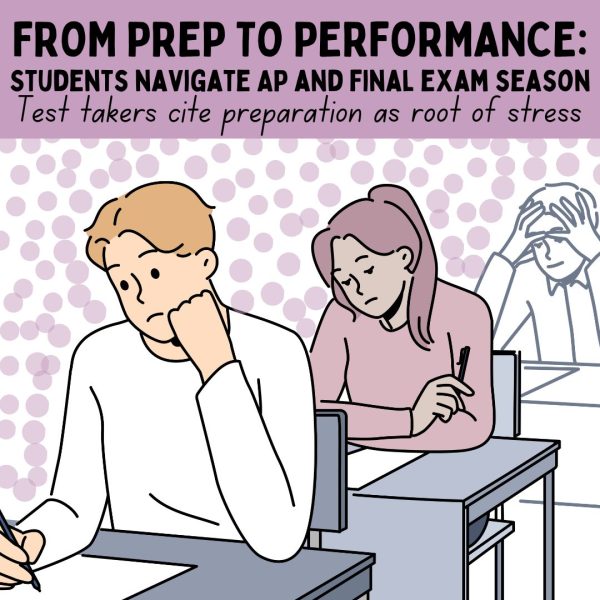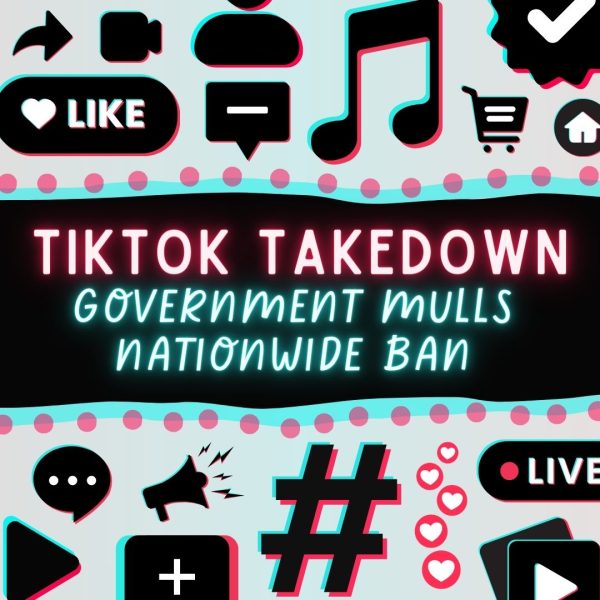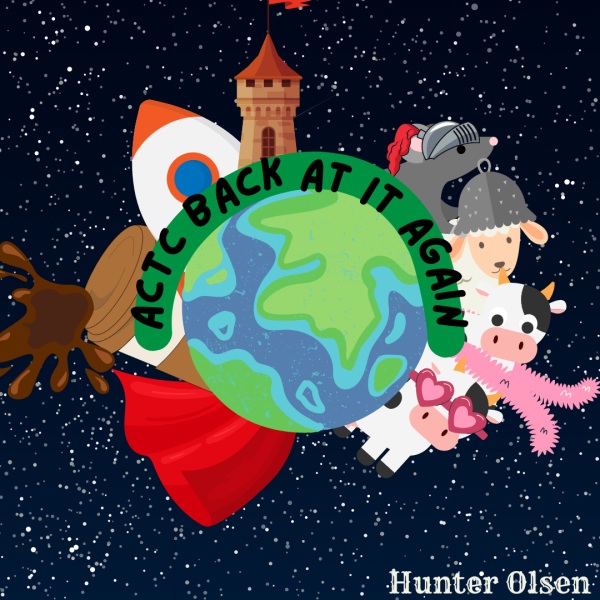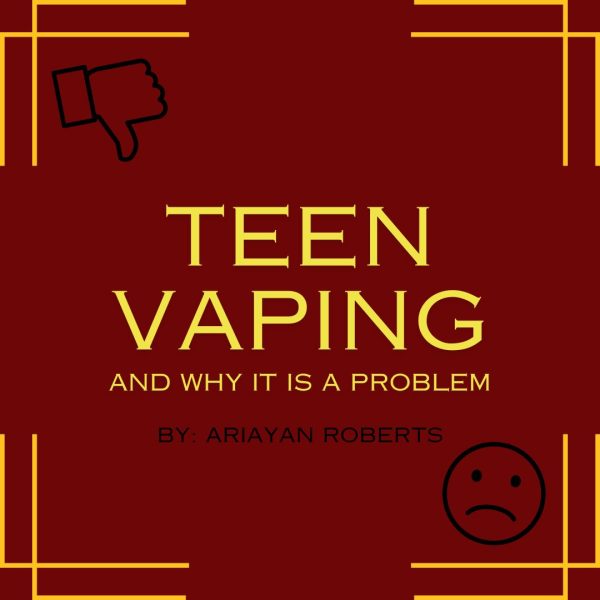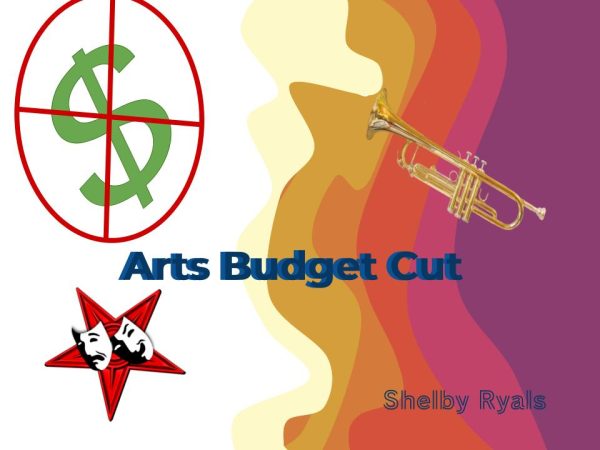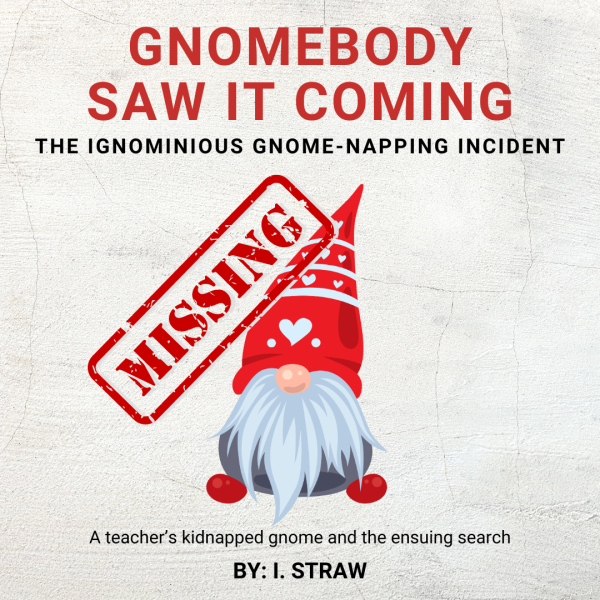An environmentally informed society
Environmental literacy has to be promoted
May 18, 2021
Each day people make decisions that affect the environment, whether they are getting ready to go to work, preparing dinner, or buying products for the house or garden. It’s imperative, then, that the public learn and understand how their actions and lifestyle intersect with the environment.
AP Environmental teacher Mrs. Cindy Kube describes the importance of bringing awareness to the condition of the environment. Kube reminds students that earth is home to millions of different living species and we all are dependent on the environment.

“Our planet supplies us with the resources and services necessary for life,” said Kube. “As our human population has grown, we have placed more stress on the Earth system. It is critical to understand the issues so we can solve environmental problems and create a sustainable global society.”
There’s a growing consensus that the next 18 months will be critical in dealing with the global heating crisis. Among other environmental challenges, young people as a collective can prevent irreparable damage to our planet. Today’s children will one day be responsible for making decisions that will shape the future health of the environment, which is why students must understand the ecological, economic, and cultural connections between humans and the environment, while recognizing the impact of decisions made by individuals (including themselves) and governments.
“I think environmental literacy should be a mandatory class like financial literacy,” said Kube. “Environmental education provides students with opportunities to think critically, problem solve, and make informed decisions as citizens and consumers.”
Environmental literacy is more than comprehending, it is demonstrating capabilities. An environmentally literate person, both individually and together with others, makes informed decisions concerning the environment; is willing to act on these decisions to improve the well-being of other individuals, societies, and the global environment; and participates in civic life.
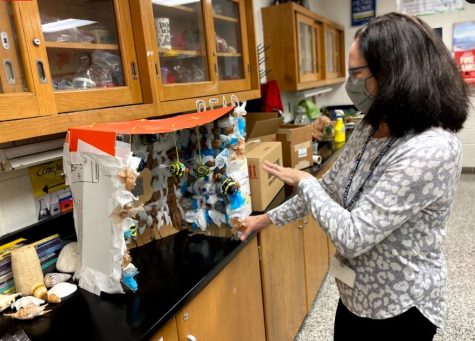
Kube noted that, “there is an increased focus in K-12 education on connecting students to nature through field experiences, schoolyard gardening, and citizen science projects.” She believes that “environmental awareness increases when we provide students first hand, meaningful experiences that empower them to know that every individual makes a difference.”
Although there has been an increase of implementation in environmental literacy, as a collective, a much better job needs to be done in showing people how they can protect the environment while improving the quality of their lives. People usually relate to issues that impact on themselves and their loved ones, therefore, environmental literacy can only be truly successful when it makes the connection between health and the environment.
Kube suggests that, “environmental education can be incorporated across the curriculum in reading and writing activities, in discussing the implications of climate change in every sector of society, in analyzing the history of the environmental movement, in service learning projects, in learning about sustainable building design, and the list goes on and on.”
In everyday life, conservation matters. Conservation is the act of preserving available resources for more efficient use. For example, recycling aluminum cans, turning off lights when you leave a room, and cutting down what you throw away. Small efforts like these help conserve and protect the environment.
“We can conserve water, limit our single use plastic consumption, grow a garden, buy fresh, local produce, limit meat consumption, conserve electricity, walk more and drive less, and most importantly, be a voice for the planet,” said Kube. “As we reduce our ecological footprint, we become environmental stewards. Creating a scientifically informed citizenry will create more desirable communities and future generations, and it may save the plant.”
